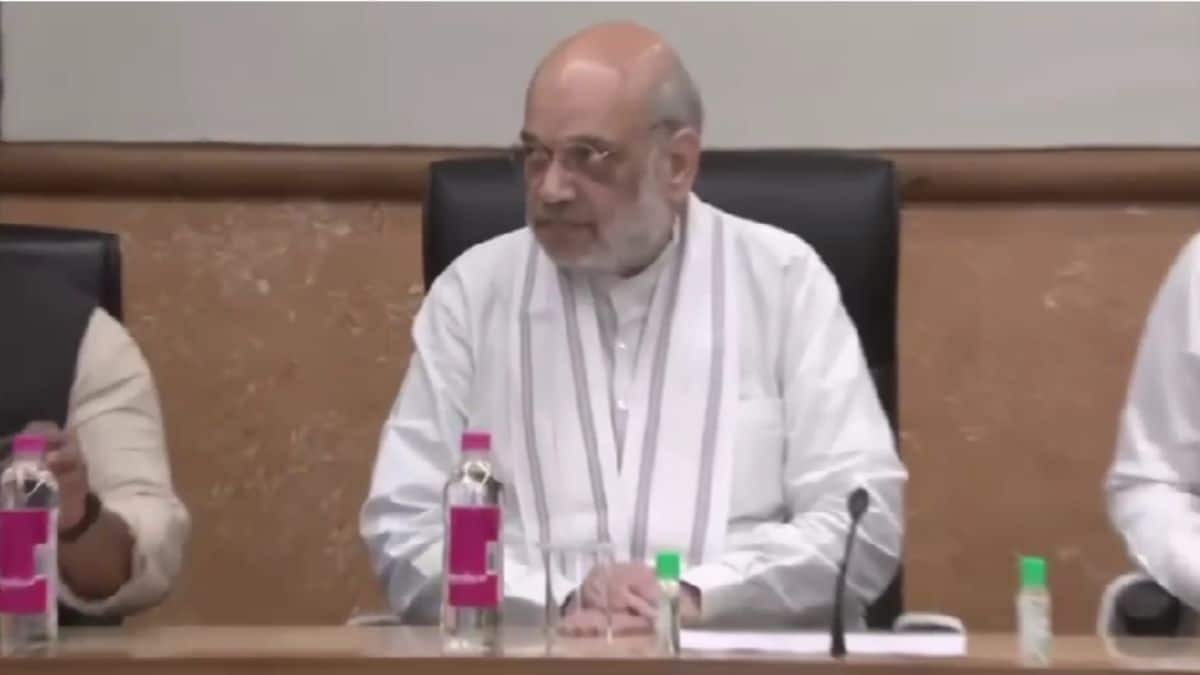The list of men in academia featuring names of people who have harassed their students has created much unease. The usefulness or otherwise of compiling such a list, whether or not it signifies a stepping back from ‘due process’, the unstable world of social media as an enabling (or dis-enabling) anchor for calling out sexual predators and harassers are matters that we will continue to
debate . Meanwhile, Raya Sarkar whose initiative in this regard has been discussed widely has earned violent scorn. She has been
threatened with assault and much else. While on one hand, this is a part of what we are witness to, almost on an everyday basis, on social media — the vicious trolling of all those who express contrary and dissenting views, whether they are writers, journalists or partisan political activists — on the other hand, this violence is also a proof of anxiety, of a way of thinking that cannot defend itself except through bullying. [caption id=“attachment_4179715” align=“alignleft” width=“380”] File image of Raya Sarkar. Image source: Facebook[/caption] The flipside of this, and which no one obviously wishes to talk about, is that the price of not speaking out is even worse: years of trauma, and forced dissembling. And here it would be useful to recall what happened in South Africa, in the course of the Truth and Reconciliation Commission hearings in the post-apartheid period. Initially, the hearings did not include sexual violence that African women experienced during apartheid in the list of crimes that were to be discussed. It was added only after feminist activists insisted that they ought to be. But thereafter began the women’s struggles to name, testify and ask questions about the possibility of ‘reconciliation’. For amongst those who had survived assault were women who were in politically responsible positions in post-apartheid South Africa and they were torn between wanting to speak out, and wondering if that would compromise their current political position and their relationships with friends and family. There was also the question of reconciliation — what would it mean in the context of sexual assault? Material compensation was perhaps possible, and important, but how was one expected to process remorse, if any, expressed by the perpetrators, or, admissions of guilt that memory might not be able to reconcile with experience?
In the context of the university, young women possibly face similar dilemmas: there is a problem of belief. Would they be taken seriously? They also wonder if their responses are legitimate and whether the ‘shame’ attached to being sexually abused and harassed is not something that attaches to them, rather than the perpetrator.
Committees that enquire into sexual harassment cases might also not always be enabling spaces, and their very existence does not guarantee due process. For, often, hard-won feminist victories have to be translated into institutional mechanisms, which, to be sure, we help define, but which therefore are not amenable to only feminist reasoning. Caste and class considerations, intellectual subservience and political interference are as rampant in these spaces as anywhere else.
When women do speak out, and there are many who do, the due process is tedious. This is true not only of what transpires in internal complaints committees but in the justice system as a whole, where suffering and hurt have to be validated through established protocols that involve evidence gathering, halting testimonies and clever arguments. Court judgments might salvage the experience of anger and hurt by foregrounding ethical arguments that validate what victims have undergone, but procedures are what they are, tiresome and tiring. We keep with them, but that does not take away their tedium. Then, there is the question of relief to do with sexual harassment: apologies? Dismissal of persons? Guarantees that such things would never be allowed to happen again?
If we are to keep this entire scenario in mind, the list appears as a vulnerable piece of testimony. But the problem is not the list, clearly, but that in all that we agonise over, the men who have been named recede into the background, as also the fraught intellectual culture in our universities. This culture needs to be examined for the power and authority it invests in charismatic individuals.
We need a wider public and specifically educational debate as to why we imagine that intellectual worth and sound scholarship are in themselves guarantors of respectful behavior, especially since, historically, intellectuals in our context have been a caste and a jealous patriarchal guild, and the authority that comes with this social positioning persists in one way or another.
What social habits of dissent and questioning are we ought to cultivate to challenge this authority? What democratic traditions of knowledge-making, dissemination, and mindful speech might we draw upon? We have had new pedagogic cultures in our classrooms, at least for over two decades, with teachers invested in feminist, anti-caste and democratic politics evolving not only new curricula but new and enabling ways of interaction with students. These new cultures are not necessarily to be found in metropolitan spaces and might exist elsewhere, beyond Delhi and Kolkata for one. It is important to identify them, and we could start with the more likely academic spaces where such cultures might be nurtured — women’s studies and centres for the study of social exclusion, especially in regional universities and in cities that are not usually considered to be on par, in an academic sense with Delhi and Kolkatha, say, Pune or Hyderabad. Without valorising these spaces, it might be productive to examine where and through what means these have enabled new cultures of learning and teaching into existence. And when we do that, we reckon with, and draw on a different imagination to do with knowledge and intellectual credibility. For those who have courageously contributed to the list, the possibility of discovering another intellectual culture which they can help build could prove healing.


)

)
)
)
)
)
)
)
)



